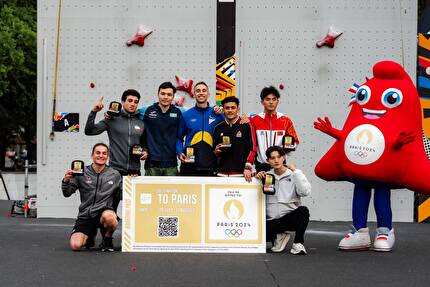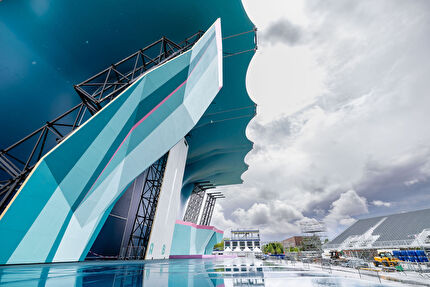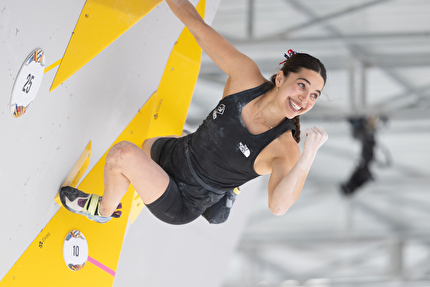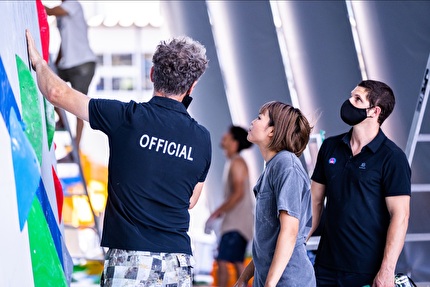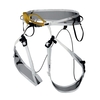Budapest makes and breaks Paris 2024 Olympic dreams
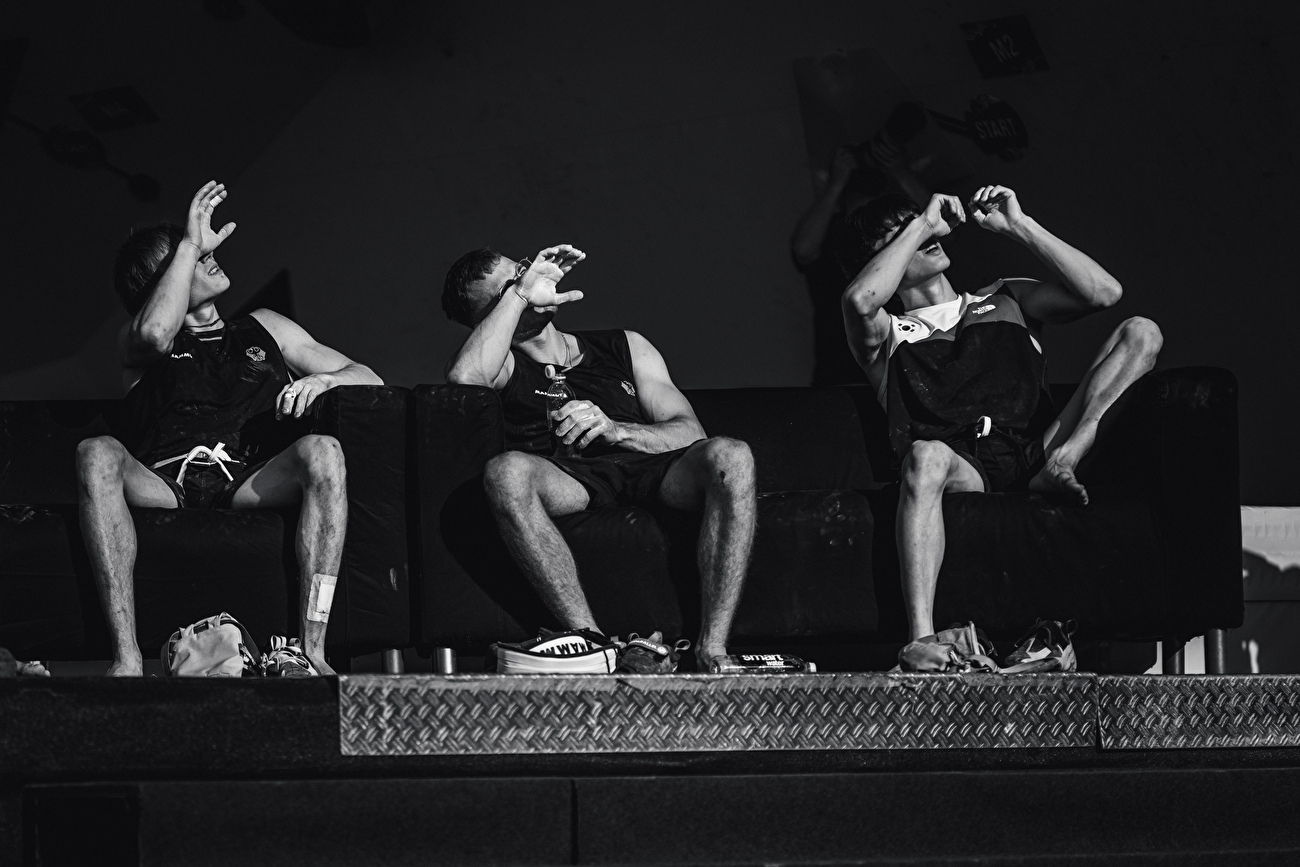
 1 / 139
1 / 139 Lena Drapella / IFSC
Lena Drapella / IFSC
"If you don't turn your life into a story, you just become a part of someone else's story." A quote from the late, great Terry Pratchett that to me sums up the ambition and self-belief held by many of the climbers heading into the Budapest Olympic qualifying series after the first stage in Shanghai at the end of May. Online, through social media and comments on the Olympic channel livestream, many people were questioning why climbers lower in the order were even bothering show up? Surely, they knew that they were at best a slim hope to make the cut for Paris 2024, so why bother
Athletes though, live for the opportunity to give their all, and come imbibed with enormous self-belief. Self-belief that will have had them doing the maths and looking at every tiny chance they still had in order to make the cut. After the initial Combined qualifying round though, the dreams were dispelled for many. The maths hadn’t gone in their favour, and that self-belief was replaced by crushing despondency. The repeated playing over of events in their heads matched with the grief of failure.
For some climbers it would be their competitive swansong, and the likes of Korean star Sol Sa and Israeli star Alex Khazanov would be hanging up the competition bib’s forever and adjusting their focus to outdoor climbing, coaching, or in general just turning a page in the book of life. For others like Maximillian Milne of the UK or Chloé Caulier of Belgium it was a devastating set back, but one they will balm by moving on to other competitions, like this weekend’s World Cup in Innsbruck, Austria.
The maths told the tale: taking into account the points earned in Shanghai, everybody who missed Budapest semi-finals, 26 men and 27 women, were suddenly gone from the Olympic equation.
With the field whittled down there seemed to be even more pressure on those who had made semi-finals, and stormy, wet conditions on Saturday morning delaying the round seemed to amplify the pressure. Indeed, semi-finals for most was the make or break round, and with a potential 12 men and 12 women progressing to Olympics and only 8 making finals, it would be all down to four boulders and one route. And as some countries had limited Olympic spots available due to previously completed quota, or more than two athletes progressing where only two could qualify, the pressure was especially high.
In the Boulder & Lead semi-finals Japanese star Futaba Ito failed to progress, unlike her compatriot and fierce competitor Miho Nonaka, and just like that her Olympic dream was over. A flip-side though could be seen in the men’s field where Paul Jenft of France failed to make finals unlike his compatriots Sam Avazou and Mejdi Schalck, but he was still in with a chance due to his excellent 4th place in Shanghai…
The maths in this Combined Shanghai + Budapest format were fundamental and missing finals, and nevertheless making the cut for the Olympics, were Camilla Moroni, Zelia Avazou, Molly Thompson-Smith and Lucia Dorffel in the women’s field, as well as Yufei Pan, Luka Potočar, Sascha Lehmann and Hamish McArthur in the men’s field.
The women’s finalists, all of whom qualified for the Olympics, were Ievgeniia Kazbekova, Mia Krampl, Laura Rogora, Chaehyun Seo, Zhilu Luo, Erin McNeice, Miho Nonaka and Brooke Raboutou.
Women’s finals were up first on Sunday and seemed slightly surreal as it was a victory lap for all involved, with no stakes left except the pride of performing well and the psychological advantage beating your competitors could gain you going into next month’s Olympic Games. American star Brooke Raboutou provided a fitting end to the women’s event though with a hard-fought victory over 2nd place getter Miho Nonaka and rising UK star Erin McNiece who secured the last spot on the podium.
The biggest event of finals however was seeing Ievgeniia Kazbekova hobbled by a knee injury early in the Boulder round. The popular athlete, who has faced so much adversity due to the invasion of her homeland in Ukraine, now has another hurdle to overcome, and seeing her in obvious discomfort on the wall made for a difficult viewing experience.
Men’s Combined finals, just a short time after the completion of the women’s event, were a very different affair in terms of pressure and absolute drama. Of the eight athletes in the round, it was not assured that all would qualify for Paris. Whereas the women’s event had almost been a canter to the finish line, two of the climbers going into men’s finals had all the pressure on them. Frenchmen Sam Avazou and Mejdi Schalck still held their fate in their own hands while Paul Jenft looked on from the audience, nervously anticipating the outcome.
It wasn’t to be for young Mejdi Schalck; a bouldering specialist, he struggled uncharacteristically on the early bloc’s and lost crucial points, points he was unable to recover in Lead, and so the Olympic field was set. Paul Jenft and Sam Avezou will be representing France at home in Paris, while Mejdi will need to refocus ahead to LA, only four short years away.
Victory in men’s Combined went to Sam Avezou, who showed great form in both the Bouldering and Lead portions of finals, securing the top step of the podium over Do-hyun Lee and Adam Ondra.
Qualifying for the Olympics from the men’s finals were Do-hyun Lee, Sam Avezou, Adam Ondra, Alberto Ginés López, Yannick Flohé and Hannes van Duysen, with Paul Jenft, as discussed taking the remaining position.
Speed, the other climbing discipline decided at Budapest is a very different event to Combined. The pure sprinting of the climbing world it is over in moments, as opposed to the power endurance that is tested so brutally over the rounds of Bouldering and Lead.
Even more so than in Combined, the cumulative score of two events weighed heavily on the athletes, with some incredible performers like Indonesia’s Aspar Aspar and Kazak Rishat failing to progress even with superb showing in Budapest. And there was heartbreak of an unusually cruel kind for the Polish women with only one spot still available and Aleksandra Kaluka taking victory, therefore assuring it would be her, and not her twin sister Natalia, who will be representing Poland in Paris.
At the close, the qualifying Speed climbers from the Olympic Qualifying series were Yafei Zhou, Aleksandra Kalucka, Rajiah Sallsabillah, Capucine Viglione, Manon Lebon, Leslie Romero Perez and Beatrice Colli for the women’s, joined by Peng Wu, Veddriq Leonardo, Amir Maimuratov, Zach Hammer, Reza Alipour, Yaroslav Tkach and Eun-cheol Shin.
Now the qualifying athletes have just over a month to prepare, with the climbing events of Paris 2024 beginning on the 5th of August.



 Copia link
Copia link
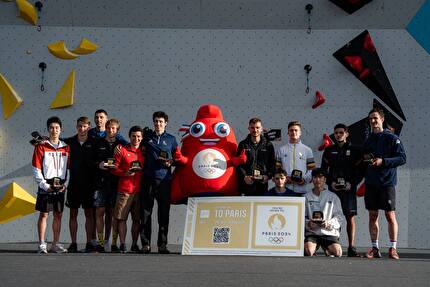
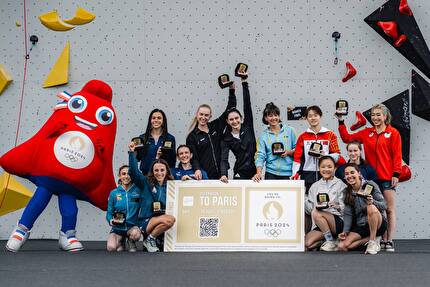
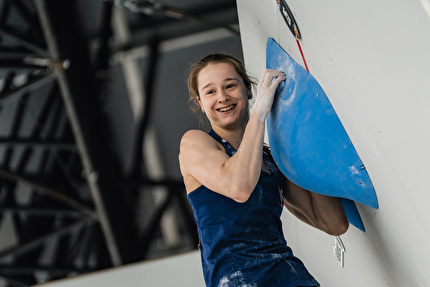
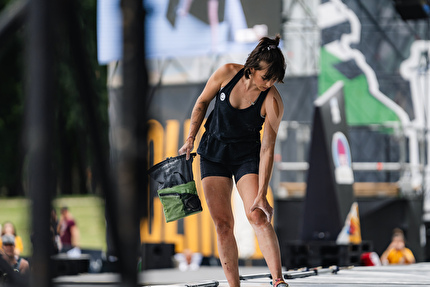
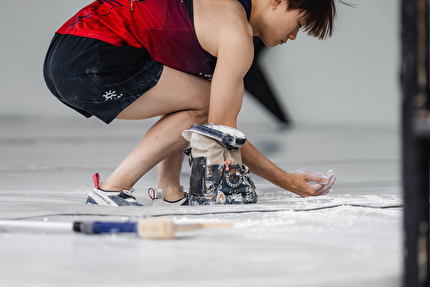
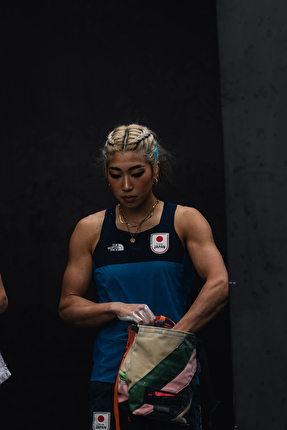
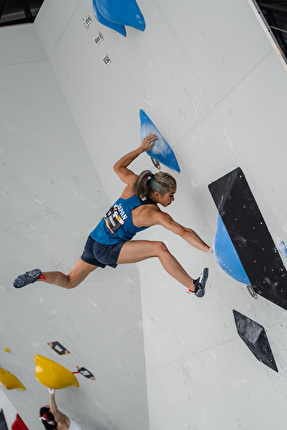
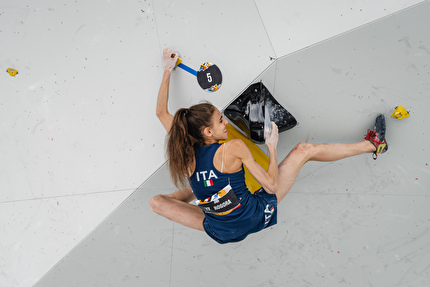
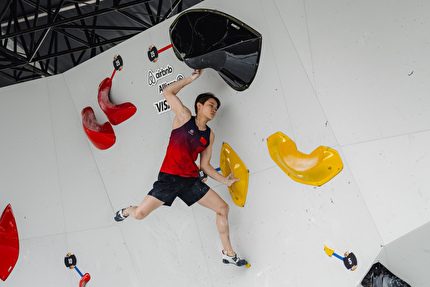
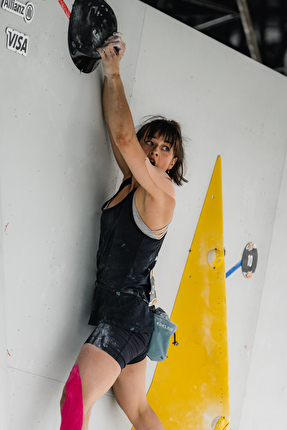
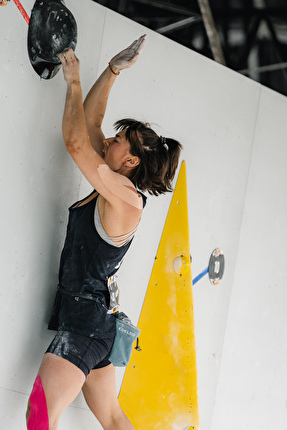
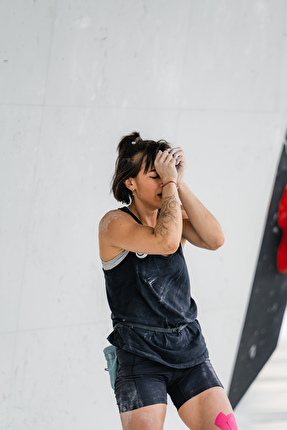
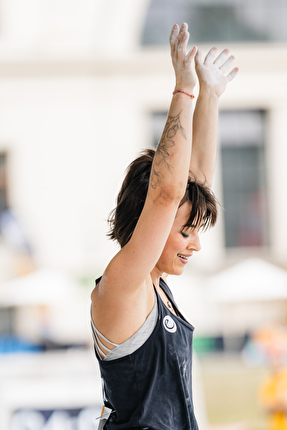
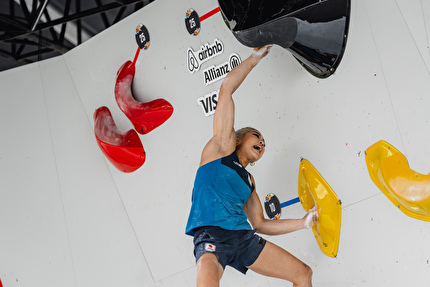
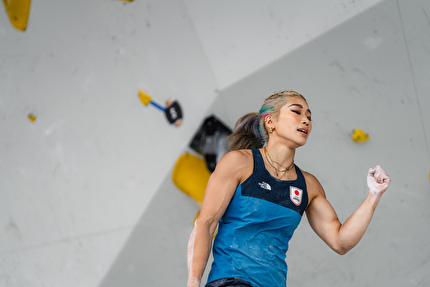
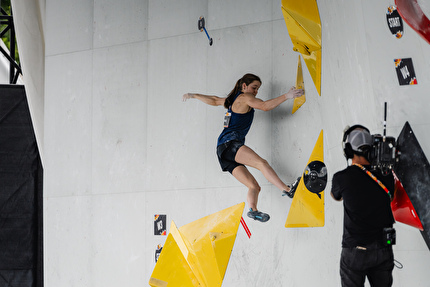
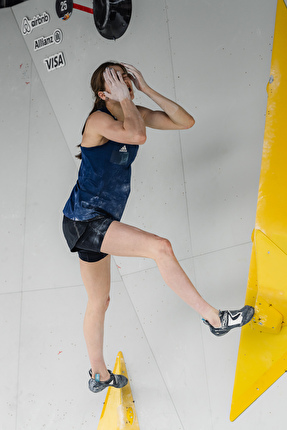
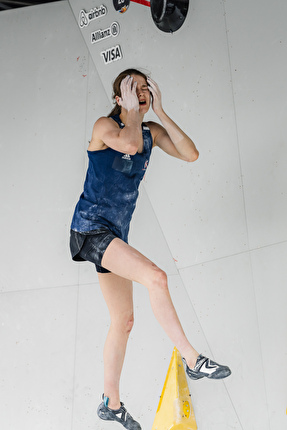
 See all photos
See all photos